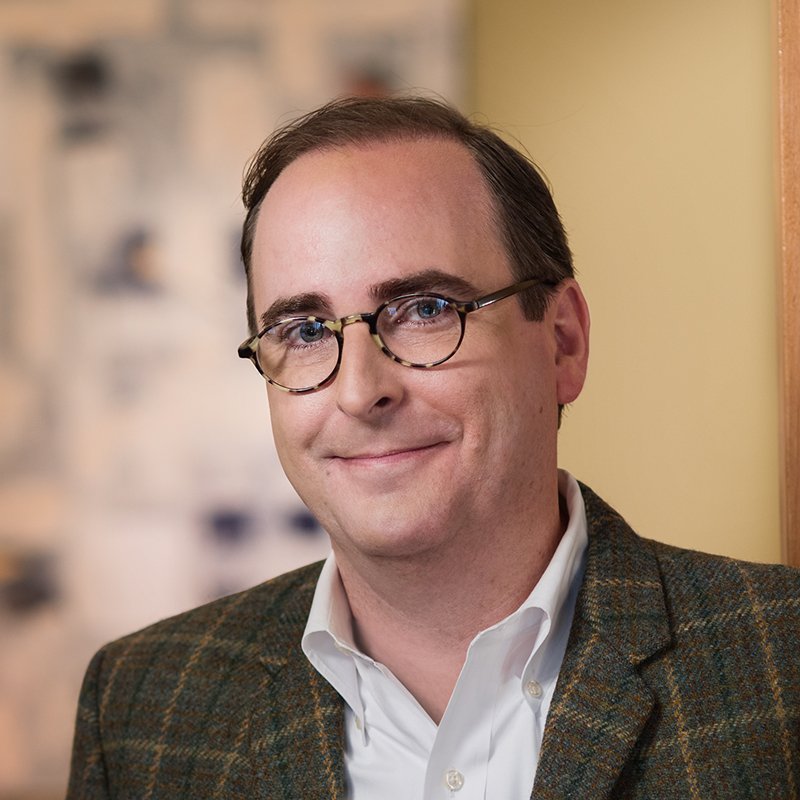Reasons for optimism and 4 ways to leverage it for your cause.
I have unreasonable expectations. I call it New Year’s Eve syndrome. Nothing will wind up being as magical or as grandiose as I think it should be. My problem is a product of an outsized imagination paired with a love of movies. Dreaming big can lead to disappointments, but it’s also a fundamental requirement that intersects with social impact marketing.
Part of our job is to be outliers, optimists who challenge the status quo. If you stop believing that good will prevail, it’s time to step off the carousel. But with such persistent problems and unresolved fixes, it’s easy to become weary or jaded. Combine that with geopolitics and half of America pitted against the other half, and it seems we’re all traveling on the expressway to doom. Personal dispositions aside, let me counter popular sentiment and provide us with some reasons to be hopeful.
We have a history of progress.
Cue the stockbroker’s refrain, you have to take a long view. From the environment to equality, things are a long way from perfect, but they are far better than they were 50 years ago. Even when we feel in decline, our trajectory has been upward.
We’re at a pivotal moment.
Big changes follow big disruptions. World War II created the economic and social changes that led to civil rights and feminism. The upheaval of the pandemic hasn’t yet resided, and AI is going to fuel the already massive cultural changes impacting how we work. This environment will be a catalyst for social justice and reform.
There is unrest.
The dissent and conflict that can feel so disconcerting is actually one of the main reasons we should be more at ease. It’s not a time of complacency. We’re seeing the beginning of change, and it’s at such beginnings that things are most uncertain. And while uncertainty is unsettling, it’s not necessarily foreshadowing despair. (See numbers one and two above.)
Progress isn’t linear, but that doesn’t mean there isn’t opportunity.
Here’s why. Habituation is our enemy. We simply grow accustomed to things. Our expectations are tempered, and our realities correlate. The status quo becomes expected and tolerated until it isn’t. And now is a time of dishabituation. Scholars Cass Sunstein and Tali Sharot coined the term “dishabituation entrepreneurs.” As cause champions, this should be our shorthand job description.
I have a new client who personifies the dishabituation entrepreneur moniker. His ask on an early call in our work together: “How do we make this issue urgent?” I believe that’s the way forward for us all. And the uncertainty that surrounds us creates an environment ripe for it. Here’s my list of résumé builders for dishabituation entrepreneurs.
1 |
Be more direct.The issues we are working to change are complex and nuanced. Their origins are multifaceted and layered. But our communications shouldn’t be. Stop the issue-speak and put it plainly. |
2 |
Get succinct.We’ve all been to three-day conferences that break down our causes and the systems we’ve developed to address them. Don’t get me wrong. I love a conference. But the academic side of the causes we represent isn’t helping our appeal to supporters or those we are trying to help. Have a version of your overture that is five words or less. |
3 |
Explain the consequences.What’s lost if we’re gone? Ask your team that question. It’s one way to arrive at communicating what is at stake. Your grant proposals and fundraising appeals need to explain not only your intervention’s impact but also the ramifications of inaction. |
4 |
Give it a deadline.It can’t be urgent without one. |
Some of our problems have become so customary that they are unconsidered. Let’s use the current climate to change that. There are too many of us to fail.
In solidarity,
Kevin
P.S. I’ve had the good fortune of working with a few dishabituation entrepreneurs who have challenged gun ownership criteria, access to birth control, behavioral health and distracted driving. My colleague Roshanda Pratt and I have developed a series of interviews with these cause leaders called “The Science of Good.” These interviews have become a fifth gear for me when deadlines and distractions threaten my resolve.


